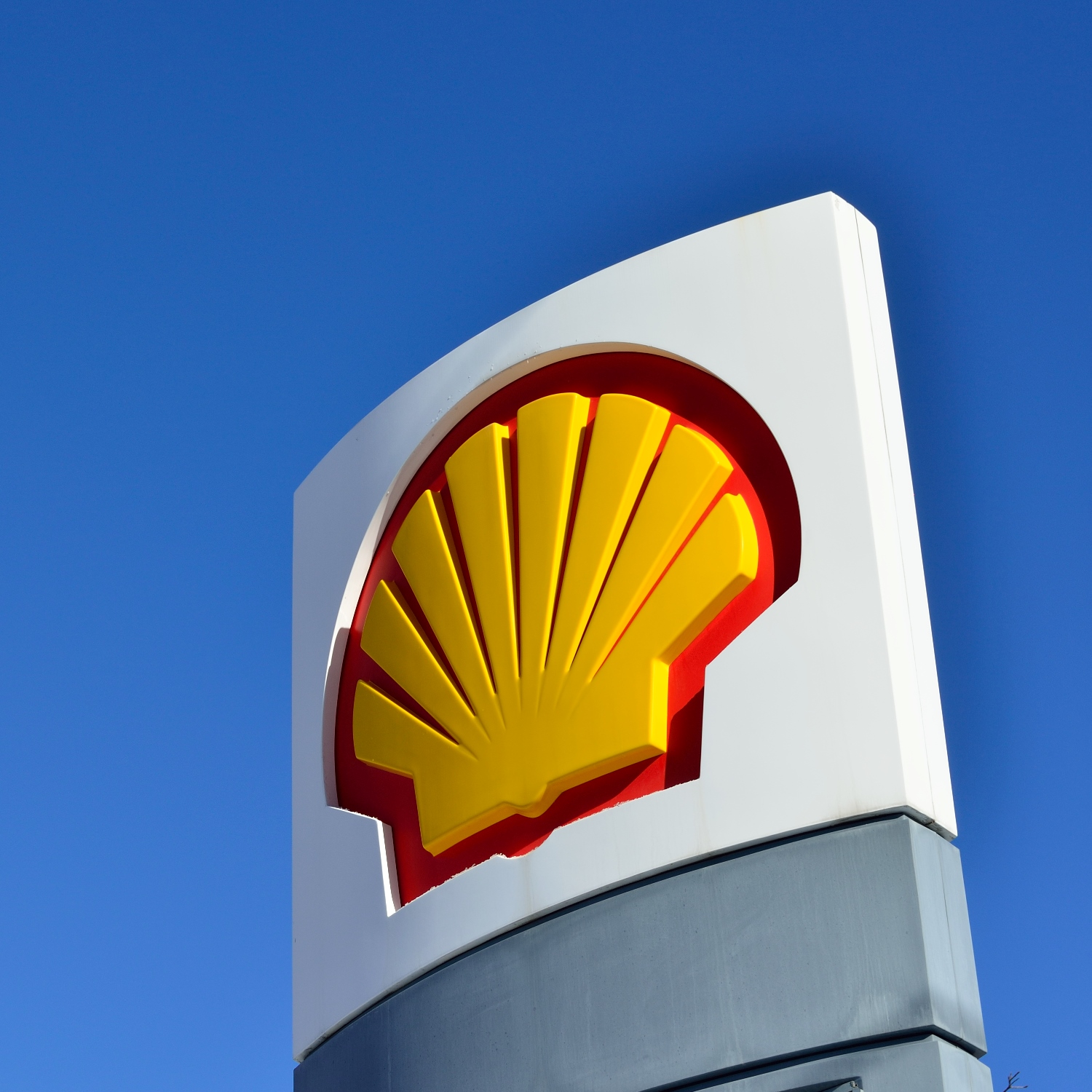

Even though the worst is probably long since over for the oil industries, and it appears that the OPEC cuts are being implemented, the price of oil has doubled in a year. That’s a big move any way you look at it. For investors that missed the big trade up but would like to initiate positions or add to holdings, one great idea may be to add the highest yielding companies in the sector.
We screened the 24/7 Wall St. research database looking for the highest yielding stocks that had a rating of Buy from one of the firms that we cover. We found four outstanding companies that make good sense for investors and all pay at least a 4% dividend. We also avoided the master limited partnerships, as distributions from them can contain return of capital.
BP
Many investors shunned this stock after the Deepwater Horizon spill in the Gulf of Mexico in 2010, but that stigma has finally worn off. BP PLC (NYSE: BP) is one of the world’s leading integrated energy companies with operations in over a hundred countries worldwide. The company’s operations are focused on a wide range of activities, including exploration and production of oil and gas, refining and marketing, chemicals, gas and power, and renewable energy.
The company’s earnings rose less than expected in the fourth quarter, as it sought to adapt to low energy prices with cost cuts, asset sales and a pullback in investment plans. The firm’s underlying replacement cost profit rose to $400 million from $196 million in the same period last year. Net income for the quarter totaled $497 million, compared with a loss of $3.31 billion a year earlier.
Most of the huge costs for settling the Macondo spill are now behind the company and the prospects going forward looks very solid. BP shareholders are paid a massive 6.9% dividend. The stock is rated Buy at Evercore ISI, which has a $43 price target on the stock. The Wall Street consensus target is posted at $38.46. The shares closed last Friday at $34.53.
Occidental Petroleum
This is one of the higher yielding domestic stocks in the energy sector. Occidental Petroleum Corp. (NYSE: OXY) is an oil-levered multinational organization with principal business segments in oil and gas and in chemicals. The oil and gas segment explores for, develops, produces and markets crude oil and natural gas, primarily in the U.S. Permian Basin, Colombia, Bolivia, Libya, Oman, Qatar and Yemen. The chemicals segment manufactures and markets basic chemicals, vinyls and performance chemicals.
With a rock-solid balance sheet and a commitment to dividend coverage, investors look safe for now. Occidental has paid quarterly cash dividends continuously since 1975, and it has increased its dividend each year since 2002.
Occidental reported a profit of $336 million, or $0.42 a share, down from $1.63 billion, or $2.01 a share, a year earlier. Excluding a $1.1 billion charge related to the impairment of gas assets in the Mid-continent, per-share earnings were $1.83. Revenue rose 2.3% to $6.17 billion.
Shareholders are paid a very nice 4.45% dividend. The stock is rated a Buy at Jefferies, which has an $84 price target. The consensus target is $76.30. The shares closed trading on Friday at $68.47.
Royal Dutch Shell
This company has survived the plunge in oil pricing as good as or better than any other major integrated stock. Royal Dutch Shell PLC (NYSE: RDS-A) operates as an independent oil and gas company worldwide through its Upstream and Downstream segments. The company explores for and extracts crude oil, natural gas and natural gas liquids.
Royal Dutch Shell also converts natural gas to liquids to provide fuels and other products; markets and trades crude oil and natural gas; transports oil; liquefies and transports gas; extracts bitumen from mined oil sands and converts it to synthetic crude oil; and generates electricity from wind energy.
In addition, the company engages in the conversion of crude oil into a range of refined products, including gasoline, diesel, heating oil, aviation fuel, marine fuel, liquefied natural gas for transport, lubricants, bitumen and sulphur; production and sale of petrochemicals for industrial customers; refining; trading and supply; pipelines and marketing; and alternative energy businesses.
The company reported weaker-than-expected fourth-quarter results, as profits in its downstream business slipped on depressed refining margins. Though revenues missed the consensus figures, they were up 11% year over year.
Royal Dutch Shell investors are paid a huge 5.9 % dividend. The $62 Merrill Lynch price target is in line with the consensus target of $62.75. The stock closed most recently at $54.11 a share.
Total
This is another giant European energy giant, this one based in France. Total S.A. (NYSE: TOT) is a global integrated energy producer and provider, a leading international oil and gas company, and the world’s second-ranked solar energy operator with SunPower.
The company operates through three segments. The Upstream segment explores and produces oil and gas; ships, trades and markets natural gas, liquefied natural gas and liquefied petroleum gas (LPG); generates power; and mines and markets coal.
The Refining & Chemicals segment refines and produces petrochemicals and provides sealing, insulation, fluid transfer and transmission and transportation solutions, as well as offers chemical processes and services for electronics, surface finishing and semiconductor manufacturing. It is also involved in trading and shipping crude oil and petroleum products.
The Marketing & Services segment supplies and markets petroleum products, including automotive fuels, biofuels, home heating oil and heavy fuel oil, lubricants, asphalt, aviation fuel, additives and special fuels and special fluids through service stations for light vehicles and trucks.
Total investors are paid a strong 4.47% dividend. The stock is rated Buy at Deutsche Bank with a €52 price target. The consensus price objective is posted at $54.31 in U.S. dollars. The stock closed on Friday at $50.90.
These are the kind of large cap market leaders that make good sense in long-term growth and income portfolios. Investors may want to buy partial positions as the oil pricing could remain volatile through the spring.
Sponsored: Attention Savvy Investors: Speak to 3 Financial Experts – FREE
Ever wanted an extra set of eyes on an investment you’re considering? Now you can speak with up to 3 financial experts in your area for FREE. By simply
clicking here you can begin to match with financial professionals who can help guide you through the financial decisions you’re making. And the best part? The first conversation with them is free.
Click here to match with up to 3 financial pros who would be excited to help you make financial decisions.
Thank you for reading! Have some feedback for us?
Contact the 24/7 Wall St. editorial team.


